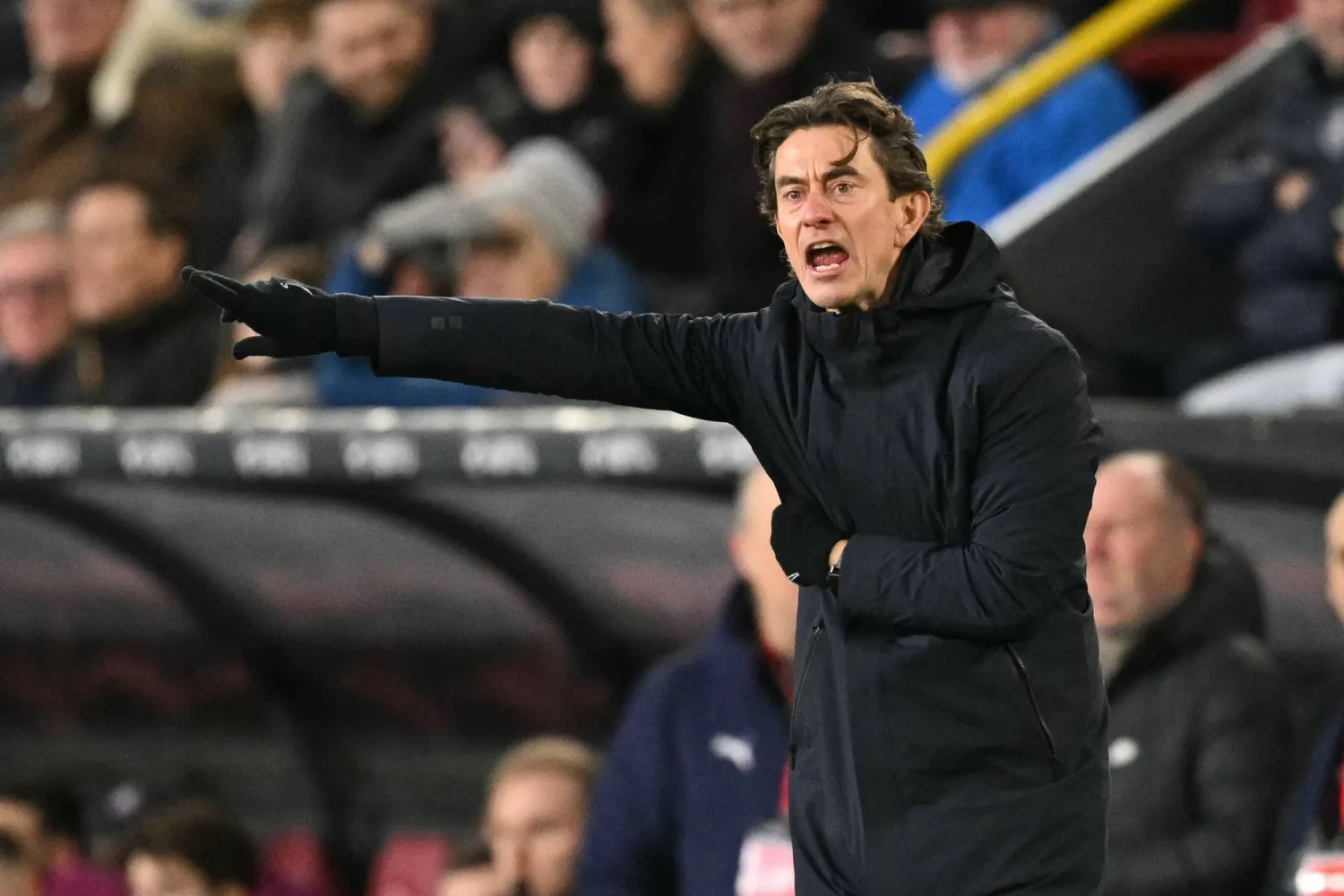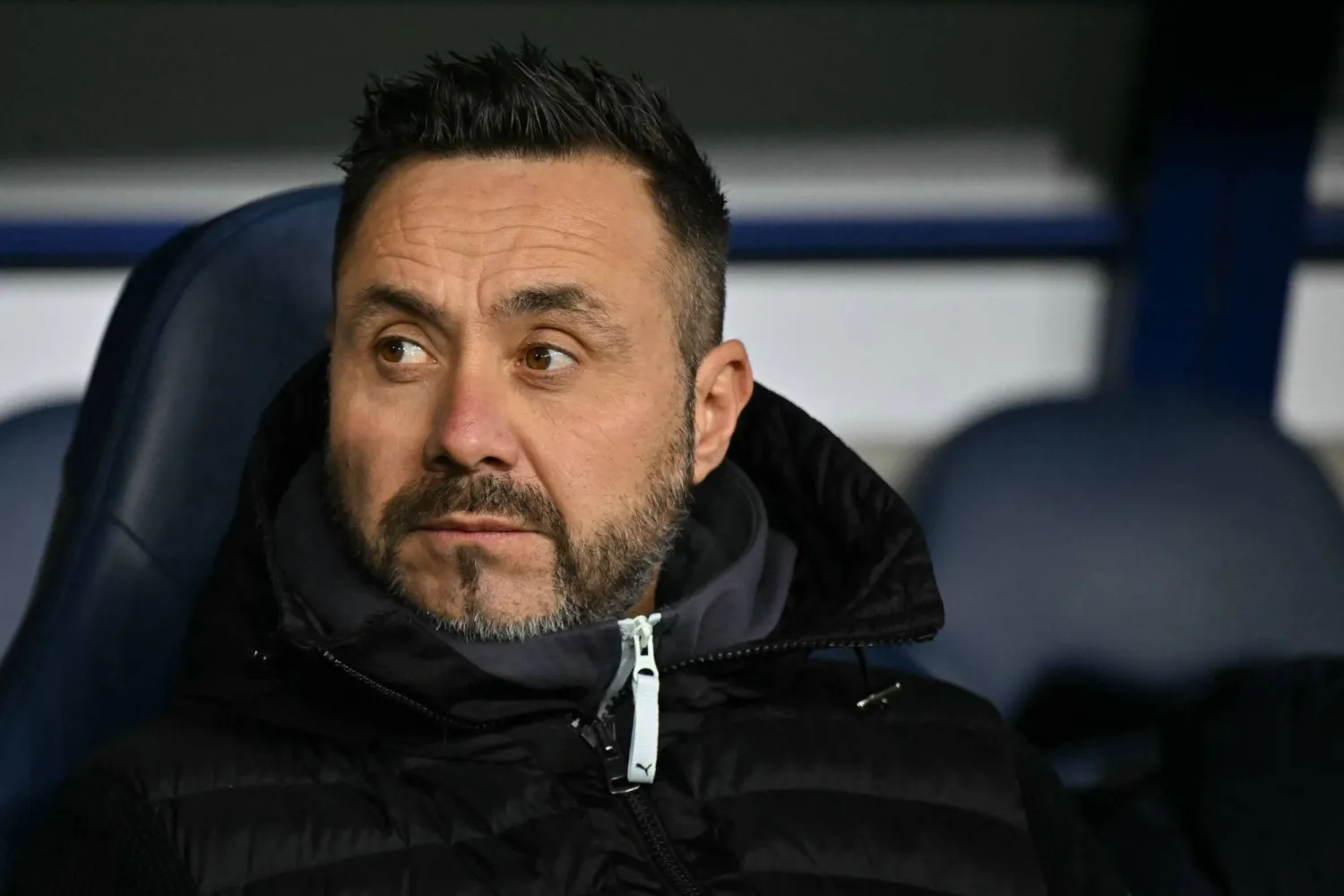The news that Premier League clubs are considering closing the transfer window before the season starts is not a particular surprise. Complaints from virtually everyone in the game are long-standing that transfer business dragging on alongside actual football provides too much of a distraction as rumors fly, agents scheme and players sulk.
Philippe Coutinho’s situation was the most prominent recent example: a back injury was the official reason for his unavailability for Liverpool’s first four games, not Barcelona’s looming with an enormous pile of cash.
There was already plenty to do in the first month of a season: formations to mull over, players to assess, panics to calm, the optimism of pre-season shattered or inflated. On top of this managers have to deal with constant questions about who is leaving and who is coming in, the implication being that buying players is the one true way to solve any problem a team might have.
Few had a good word to say about the state of affairs. “It would have helped us this year,” said Jürgen Klopp when asked if the window should have shut earlier. “It’s a huge mistake from Uefa,” said Pep Guardiola this summer. “I think the market should finish when we start the season. It’s too long, too large.” And back in 2015 Arsène Wenger said: “Does it bother me the window is still open? Yes, because it creates uncertainties. At the start of the season everybody should be committed, not half-in, half-out.”
The sense that the whole thing is a media construct is difficult to escape, all leading up to the “event” of deadline day as exasperated Sky Sports reporters stand in car parks, bringing the nation news of what amounts to admin being completed in the buildings behind them, presumably strongly considering the life choices that led them to this point.
Changing the parameters of the transfer window would simply bring that forward but it would at least eliminate the absurdity of those times when matches are played on August 31. This year deadline day fell in the middle of the international break, which provided even more japes.
And yet the opportunity to sign players while games are still going on can be a positive too, simply because managers can make more informed decisions on what works and what does not. We are all aware that pre-season games mean little, so why should teams make decisions they are stuck with until January based on them?
“You can look at it either way really – whether it’s glass half-full or empty,” Derby County’s manager Gary Rowett told the Guardian recently. “It would make life a lot easier if the transfer window finished the day before the season starts but I think there’s an advantage in that, if you’re three or four games in and you feel like you’re missing something, you’ve still got an opportunity to strengthen.”
It makes sense. A manager might think his team are fine throughout the summer but once they play some real games he might realize the midfield is no good or the center-forward has lost his touch or the player earmarked as a wing-back cannot handle the running. A few weeks in August with the transfer window still open might not be ideal but at least it gives teams a chance to fix things based on reliable evidence.
Additionally this change would not actually solve many problems if only Premier League clubs agree to it. Any attempt to implement this change across Europe would be a logistical impossibility, given the different times at which seasons begin. Had the English transfer window closed on August 10 this year, it would still have been open for the rest of Europe for another three weeks, meaning Coutinho would still have been looking up flights to Barcelona. At least this way, if a player makes such a scene or an offer so big arrives that a club has little alternative but to sell, they can still replace him: if Premier League clubs treat themselves as an island and end only their own window early, they could be left with the worst of all worlds.
Of course the alternative is to scrap the transfer window altogether and return to the days when moves could occur throughout the season. Panic-buying would be eliminated and Daniel Levy could spread his work over weeks rather than cramming it into one day. It is worth remembering, too, that transfer windows take away the option for poorer clubs to raise quick cash by selling a player.
But do we really want that? Would Wenger, Guardiola and Klopp really welcome the distraction of being asked in every press conference about transfers, rather than just in August and January? At least this way they – and we – can broadly concentrate on actual football between September and December, then February and May.
The way the transfer system is set up is a far from perfect. Perhaps removing transfer windows altogether would ultimately be beneficial. But Premier League clubs voting to end it early simply because it makes things less messy for them feels like a halfway house that could simply create more problems.
The Guardian Sport









